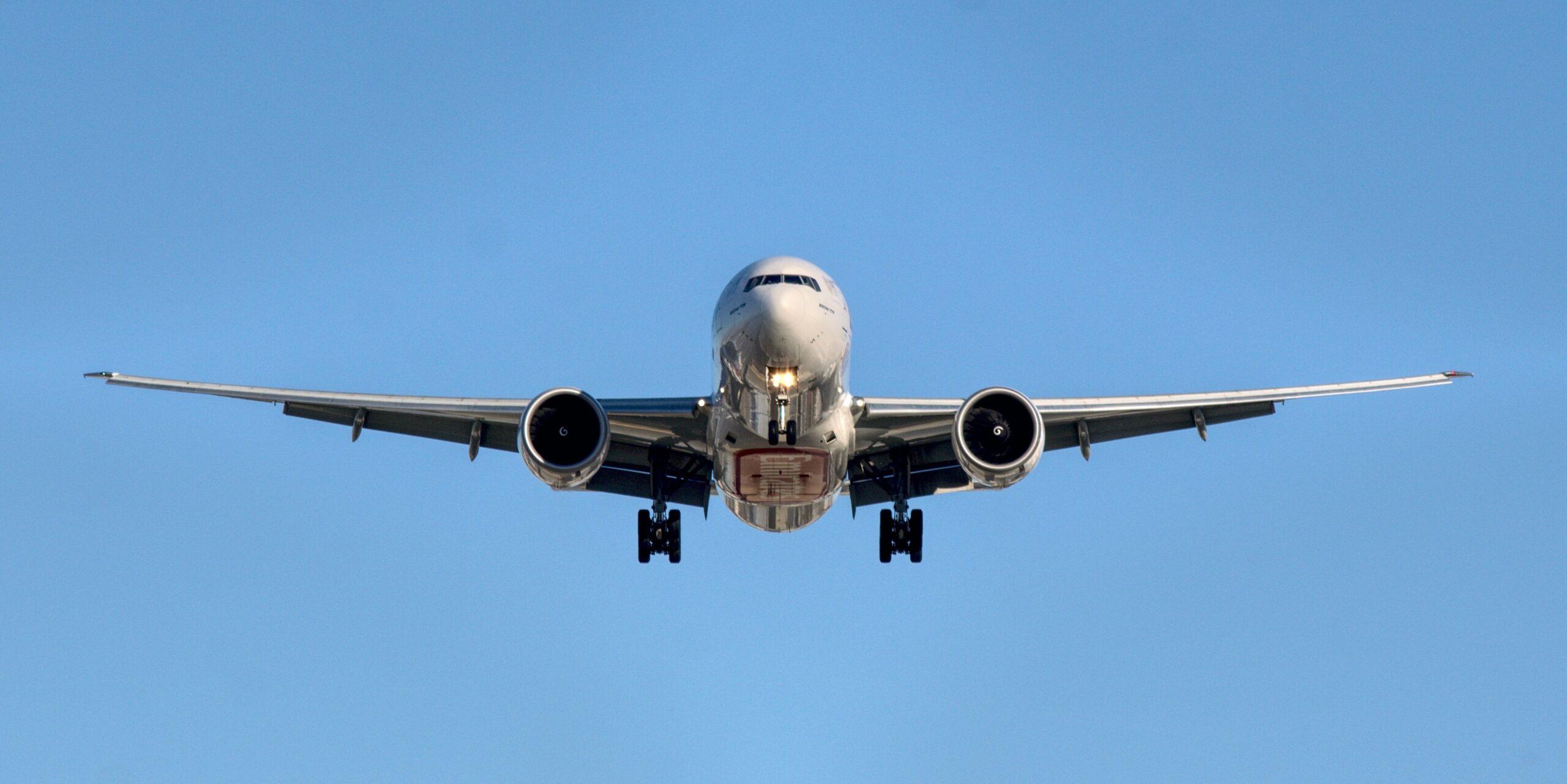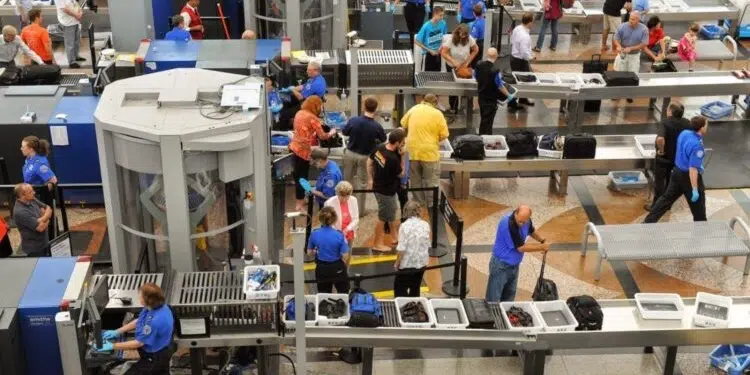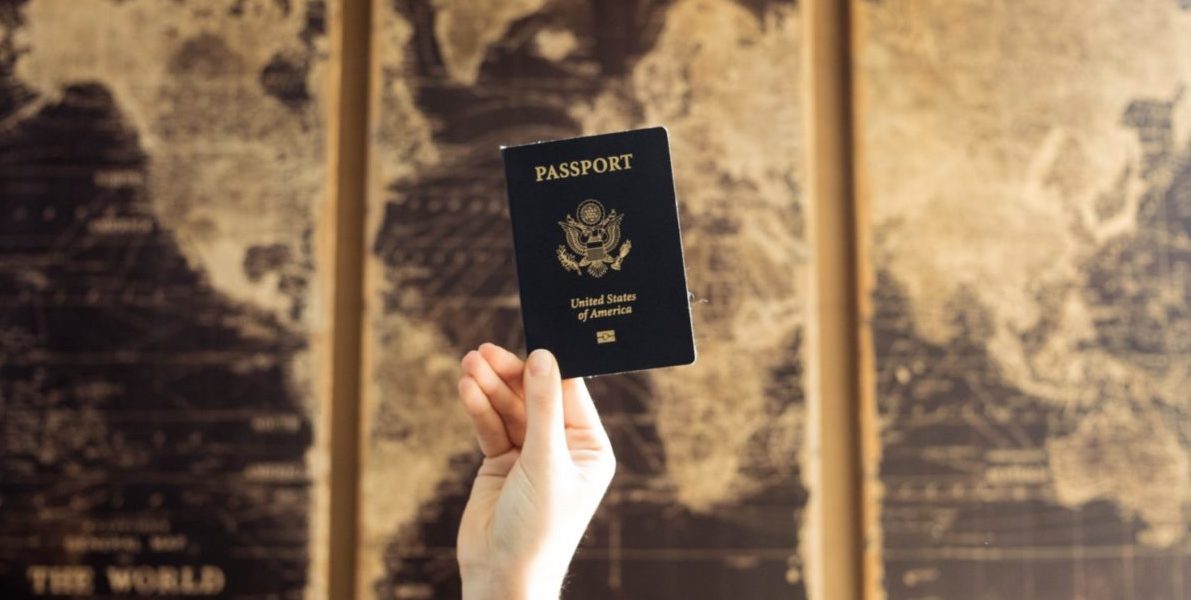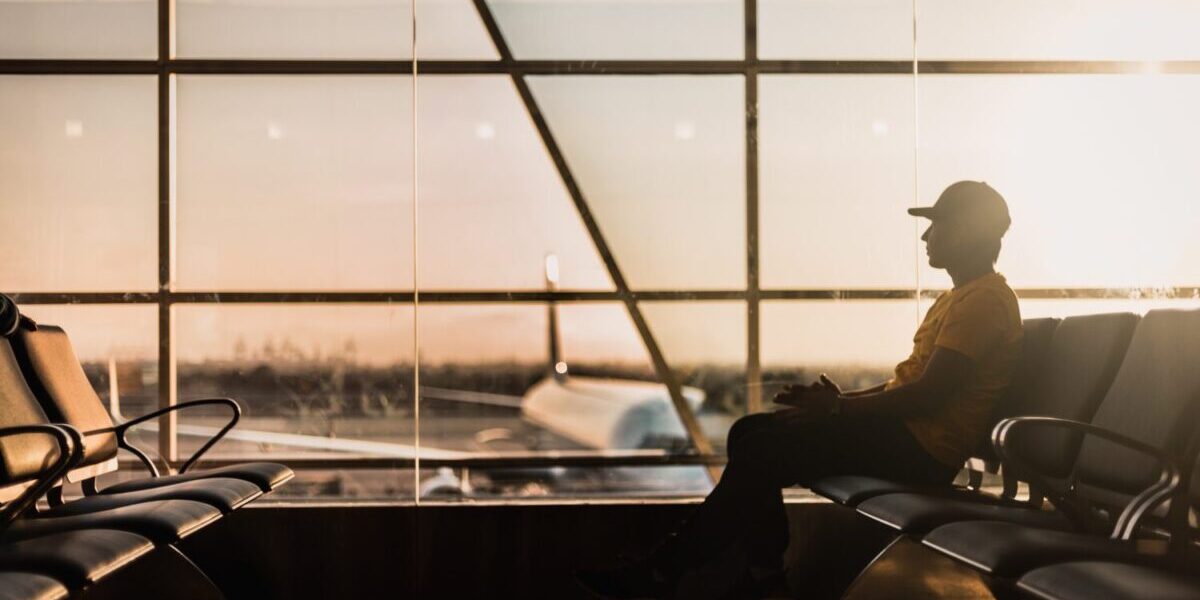The prospect of getting cash in your pocket for a long flight delay or a sudden cancellation in the U.S. is officially dead, as President Trump's Department of Transportation formally scrapped a proposed a Biden-era plan that would have forced airlines to pay passengers for disruption within the airline’s control – think maintenance delays and staffing issues.
That proposal never became law, but former DOT Secretary Pete Buttigieg first proposed it in 2023 as a way to make sure passengers are compensated for their troubles and to hold airlines accountable after years of messy meltdowns. If adopted, it would have functioned much like European regulations and a similar system in Canada: requiring airlines to pay between $200 and $300 for domestic delays of three hours or more and up to $775 for lengthy international disruptions.
Word that the new DOT Secretary Sean Duffy planned to drop that push first began to leak out in September. On Friday, the department made it official, saying that those requirements “would impose significant costs on airlines” and that carriers should instead be free to compete for passengers based on price and compensation.
From the time it was first suggested back in 2023, airlines lobbied fiercely against the plan, saying it would raise ticket prices. Consumer advocates, meanwhile, insisted the rule would have fairly compensated passengers for disruptions and forced airlines to operate more reliably.
In a rare op-ed, Thrifty Traveler first called on U.S. officials to step up for passengers rights … way back in 2021 … and then again in 2022, after Southwest's catastrophic Christmas meltdown. By the looks of it, that won't be happening anytime soon.
What Travelers Get in the U.S. Today
Here in the U.S., travelers have shockingly few rights.
For years, U.S. regulators have left it largely up to the airlines themselves to decide how to handle delays and cancellations. Current rules only require airlines to refund passengers when flights are canceled outright – not when they’re significantly delayed. Anything more, like hotel or meal vouchers, is voluntary.
After a wave of holiday meltdowns in 2022, the major airlines pledged to do more, promising to cover meals, hotels, and other expenses when disruptions were their fault. But those commitments are not legally binding, and the level of coverage still varies from airline to airline.
Last year, a new federal refund rule set clear standards around refund requirements across all airlines for what's considered a significant delay while ensuring travelers get their money back faster:
- Passengers are entitled to a refund if an airline changes your domestic flight by three hours or more
- For international flights, schedule changes of more than six hours would trigger a mandatory refund
- Adding a connection to a nonstop flight (or additional connections) is now considered a significant delay
- Shifting your flight to arrive in or depart from a different airport would trigger a refund
- Downgrading cabins or class of service would trigger the option of a refund, too
- A plane swap that results in a flight on a different plane that is “ less accessible or accommodating to a person with a disability” would also be eligible for a full refund
Airlines are also required to process refunds more quickly, cutting down the waiting game that once left passengers begging for their money back.
That’s progress – but it’s not the same as compensation for significant delays. With the Trump administration officially scrapping this plan, you won’t be paid for your time or the inconvenience of sitting in an airport for hours on end when a delay is the airline's fault.
What's more, the administration has signaled that it may weaken requirements around promptly issuing refunds and even watering down the full disclosure of taxes and additional fees in airfare.
How It Differs Around the World
Compare that to Europe, where travelers have had stronger protections for nearly two decades thanks to a regulation known as EU261. If you're traveling to, from, or within Europe, you can receive up to 600 euros ($635) when long delays or cancellations are within an airline’s control. Shorter flights qualify for smaller payouts: €250 ($265) or €400 ($425), depending on the distance.
These protections also guarantee meals, hotel accommodations, and even transport to and from the airport when disruptions stretch overnight. These rules apply regardless of whether you’re flying a European airline or a U.S. carrier departing from Europe.
Other countries, like Canada, Brazil, and the U.K. offer similar regulations.
Why It Matters & What to Do Now
Consumer advocates argue that by requiring compensation, rules like EU261 don't just help travelers – they also change airline behavior.
If carriers know they’ll be on the hook for thousands of dollars in compensation every time they delay a flight, they’ll work harder to prevent those disruptions in the first place. Former Biden administration economic adviser Bharat Ramamurti said the proposal “would have resulted in far fewer delayed and canceled flights in the first place.”
That makes this latest decision a setback for U.S. travelers hoping for greater protections, especially after years of record-breaking delays and cancellations coming out of the COVID-19 pandemic.
Since the U.S. doesn’t require airlines to compensate you for long delays, your best bet is to protect yourself with travel insurance or by booking flights with a travel rewards credit card that offers trip delay coverage.
As long as you book your flight with cards like the *chase sapphire preferred* or the *capital one venture x*, you'll be reimbursed for your meals, hotels, and other expenses if your flight is delayed more than six to 12 hours. It’s not automatic cash like EU261, but it can save you hundreds if you wind up stranded.
Many standalone insurance policies include trip delay or cancellation benefits that fill in the gaps that U.S. airlines won’t cover. But you have to read the fine print to ensure you're getting coverage for what you may need.
Read More: Our Experience With Chase's Trip Delay Insurance
Bottom Line
The Biden administration wanted airlines to pay you up to $775 when long delays were their fault. That plan never took effect, and the Trump administration just officially killed it.
For now, U.S. travelers are stuck with refunds – not compensation – and whatever the airline decides to give you for stranding you somewhere overnight … even if that's nothing.







Of course it was dropped! The politicians get millions in donations from the airlines! A common sense bill to protect consumers is not what they care about!
Same thing to limit the ticket fees charged to buy tickets! Has been brought up how corrupt it is for yrs? Who do u think is setting in those seats at concerts, games!
Do u think Politicians are ever gonna limit there perks?
How still got paid as the Dems continued the shutdown
lol man Americans are stupid. Republicans have the presidency, house, and senate but yeah lets yell at the crew members in the lower deck while the captain, first mate, and navigation team steer the ship straight into a storm
This is wrong. If the delay is due to the airline, and not weather related, they should pay up. Airline lobby is pretty strong.
Trump administration sides with big business over consumers…again. Surprising? No, it was only a matter of time. Any consumer protections in place now will be rescinded 1 by 1. This is just the beginning.